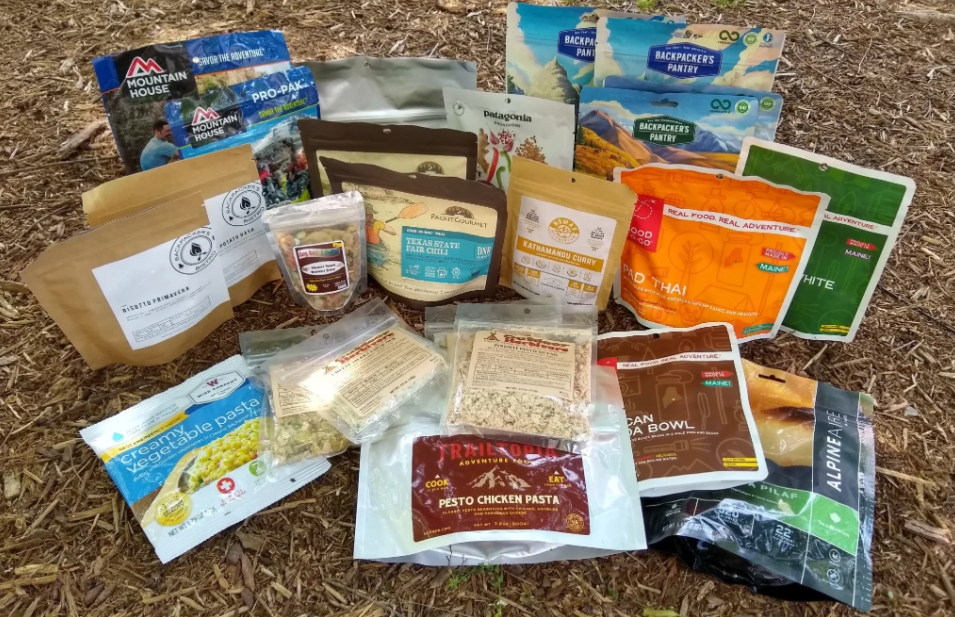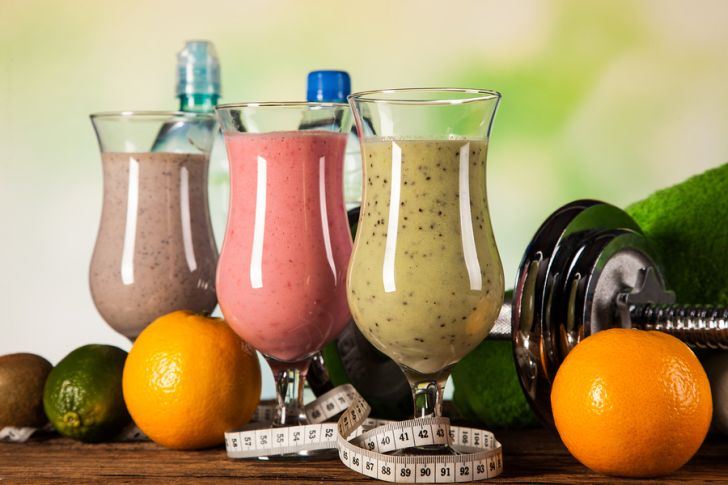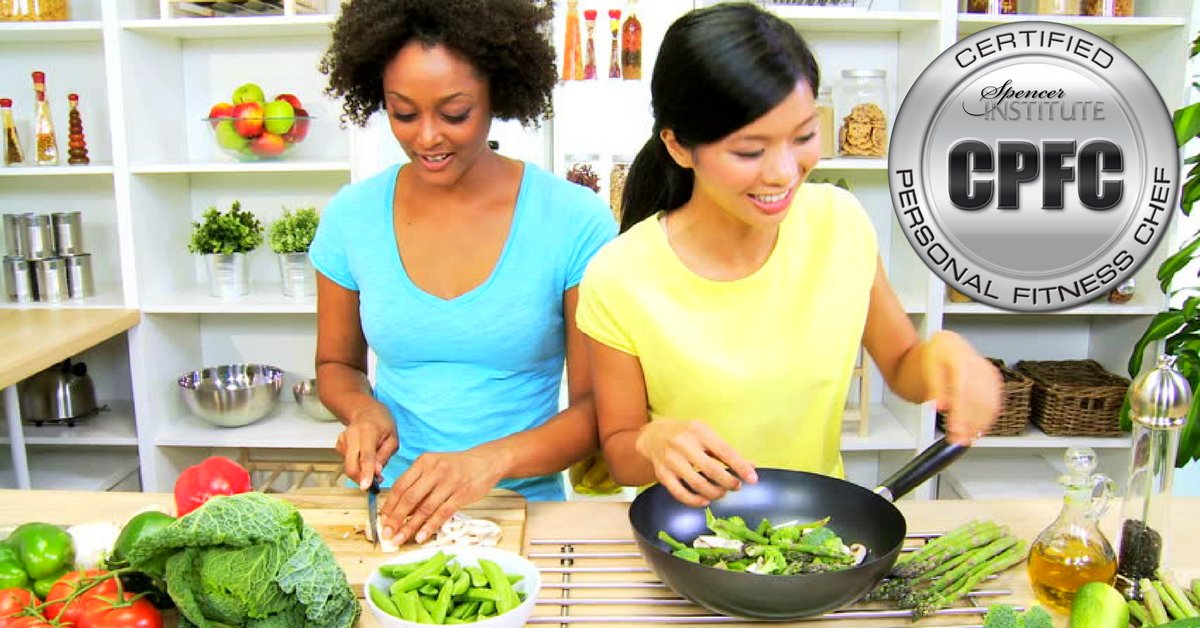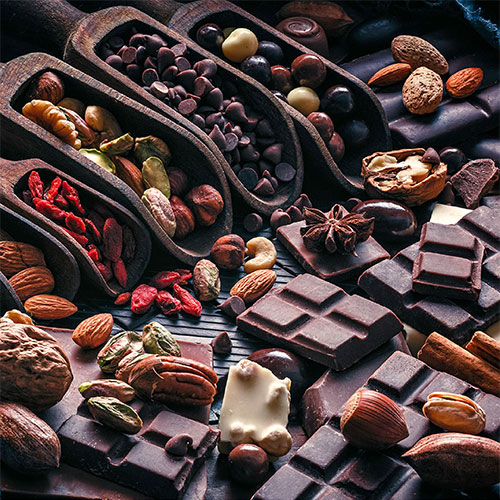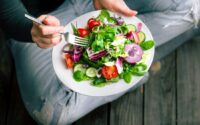What Can You Eat When You Have Gastritis?
Gastritis is a condition categorized by inflammation of the stomach lining, which leads to a lot of discomforts and makes you feel bloated. Gastritis can be acute or chronic. Acute gastritis occurs suddenly and severely, while chronic gastritis develops slowly over a period. Symptoms of gastritis depend upon the type and some of the common symptoms that you may experience include:
Abdomen pain
Nausea and vomiting
Bloating
Indigestion
Weight loss
Cramps
Poor appetite
Bloody or black stool
Fever
Breathing difficulty
Fatigue
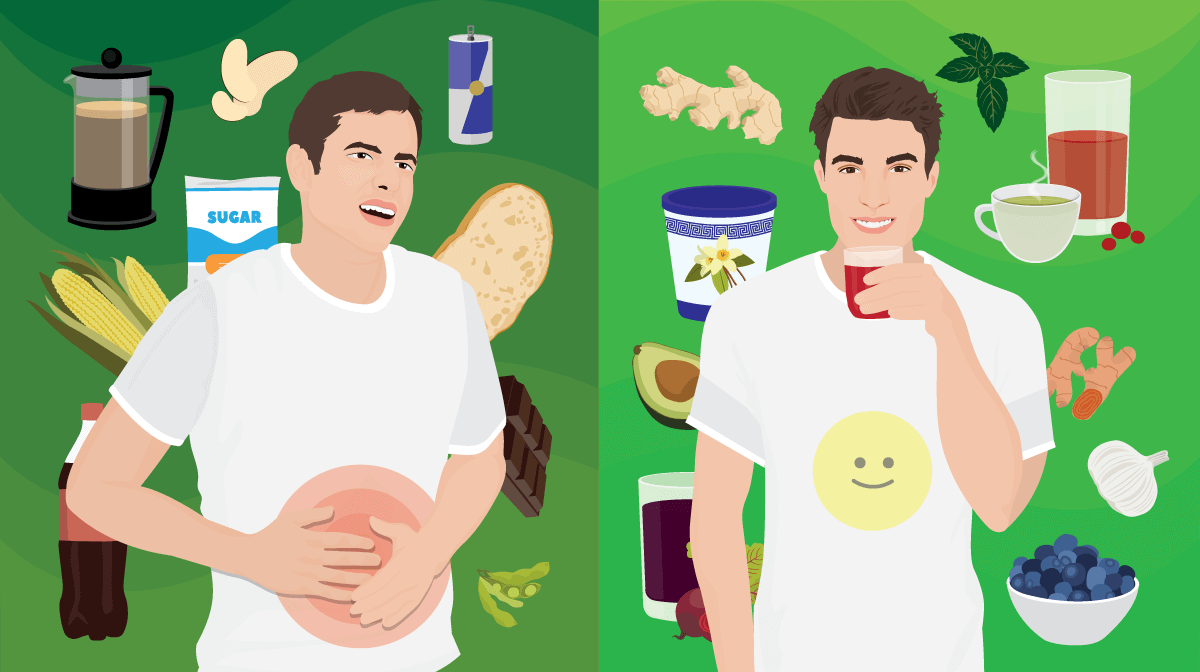
Gastritis is mostly caused by bacterial infection with Helicobacter pylori (H.pylori). Smoking, alcohol, long-term use of certain medications or severe injury can also cause gastritis. In very rare cases, it may be due to an autoimmune condition that attacks the stomach lining cells. Gastritis in most people is minor and will settle after treatment, but some forms of gastritis can lead to ulcers or increase the risk of cancer.
What To Eat For Gastritis?
Diet plays a crucial role in maintaining digestive health and overall well-being. Eating certain foods and avoiding others, may help people mitigate the symptoms associated with gastritis and manage the condition.
A wholesome diet that supports gut health laden with anti-inflammatory properties may help to lessen inflammation and recuperate well.
Foods To Include
Fibre Rich Foods
A diet high in fibre is valuable for uplifting gut health. Fruits, vegetables, beans and whole grains packed with fibre may help to ease inflammation and symptoms associated with gastritis. Apart from this, food rich in flavonoids such as apples, celery, cranberries, onions, garlic may avert the growth of H. pylori bacteria that cause gastritis.
Lean Protein
Yoghurt, beans, low-fat milk products, egg white, fish and skinned skin helps to repair and heal the inflamed GI lining.
Healthy Fats
Healthy fats like nuts, seeds, oil such as olive oil, coconut oil and oily fish loaded with omega 3 fatty acids may aid to lower inflammation and lessen symptoms.
Probiotics
Evidence has strongly revealed that foods and drinks abundant in probiotics works amazingly well to fight H. pylori and lowers infection in the gastrointestinal tract. Yoghurt, kombucha, kimchi, tempeh, and sauerkraut are some of the good sources of probiotics that should be part of your meal plan.
Anti-Inflammatory Foods
Eating foods laden with potent anti-inflammatory properties may help manage symptoms which include:
Green leafy vegetables like kale, spinach, and cabbage
Nuts such as almonds, walnuts and hazelnuts
Fruits include strawberries, cherries, blueberries, raspberries and apples.
Olive oil
Fatty fish such as salmon, mackerel and sardines.
Spices like garlic, ginger and turmeric also possess anti-inflammatory traits.
Foods To Avoid
Some foods are known to increase the acid secretions in the stomach that needs to be avoided
Acidic fruits like citrus and drinks like orange juice and tomato juice
Caffeinated beverages
Alcohol
Carbonated drinks and sodas
Deep-fried foods that are rich in saturated and trans fats, may worsen inflammation in the stomach lining
High-fat milk and milk products
Spicy Foods
Avoid inflammatory foods these include:
Processed meats
Refined and simple carbohydrates like white bread, pasta and all-purpose flour
Sugary foods and sweets
Sweetened drinks
Conclusion:
Adapting a disciplined lifestyle and dietary habits may help people with gastritis to mitigate symptoms and prevent the condition from aggravating. Choosing wholesome foods that are rich in flavonoid, fibre, prebiotics and avoiding food triggers can remarkably reduce inflammation, pain and ease discomfort associated with gastritis. However, seek prompt medical care if the symptoms worsen and last for a longer duration.

Donna is your friend in the know. Her blog is a treasure trove of insightful tidbits on a wide range of topics. From wellness to technology, she’s your source for staying informed and inspired.


